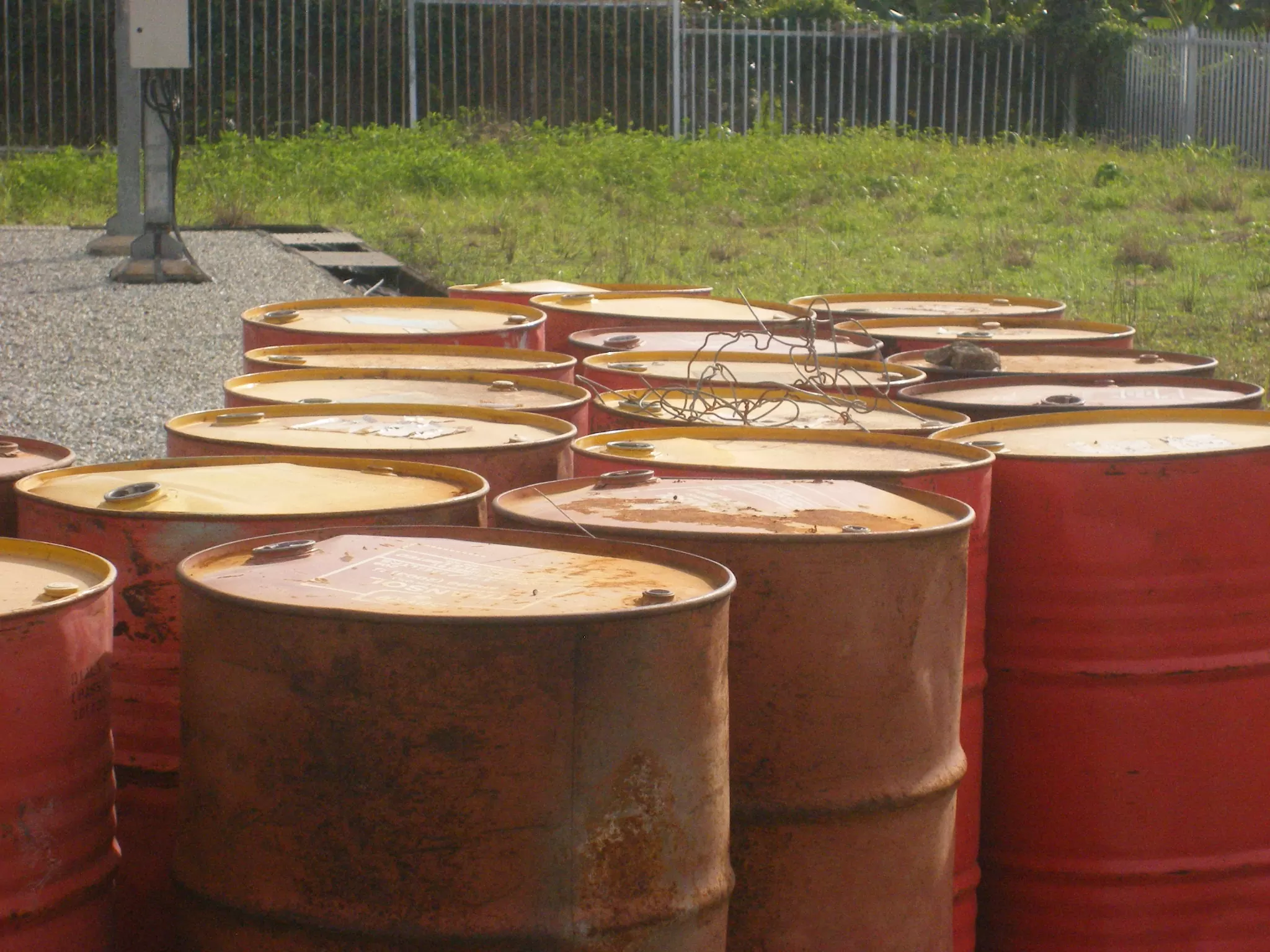Mineral oil is by far the most abundant transformer fluid in use in Australia. There are however other options, which do have their place in specific transformer applications including chlorinated hydrocarbons (e.g. PCB which is banned), high molecular weight hydrocarbons, biofluids, esters, and silicone fluids.
Silicone fluids or more correctly polydimethylsiloxane (PDMS) are a type of fully synthetic oil and can be formulated for use as a dielectric fluid in high voltage transformers. Pure PDMS is additive-free (so no pour-point depressants, heat-stabilizers or halogens are present) and is compatible with the internal materials used in the construction of a transformer including copper, aluminium, steel, timber and paper. Silicone dielectric coolant is equally compatible with modern oil processing equipment (e.g. filters and drying units) and procedures.
Silicone oil is proudly man made. The chemical process that produces dimethylsiloxane starts with the production of dimethylchlorosilane from chloromethane and silicon. This then goes through a series of hydrolysis reactions to eventually result in cyclical siloxane. Manufacturers include Dow Corning, Wacker, and ClearCo. Although there are no manufacturers in Australia, Benzoil can import and does supply silicone transformer oil through our valued channel partners with stock available from our local warehouses.
Like any transformer oil, electrical grade silicone oil is characterized by properties including:
- High dielectric strength
- High flash point
- Broad in service temperature band
- Low vapour pressure
- Low pour point
- Low viscosity change at high and low temperatures
- Chemical inertness
When selecting a transformer fluid the application, expected usage patterns and intended location of the asset are vital considerations. The key selling point and most prominent advantage a silicone fluid has over mineral oil has to do with thermal stability, flash point and fire point. Silicone transformer oil can be subjected to temperatures markedly above normal operating temperatures for a transformer, and to its credit will resist creating excessive vapour pressure, withstand dielectric break down, nor will it generate corrosive by-products. Research indicates that insulating paper impregnated with silicone oil does age at a slower rate than in standard mineral transformer oil due to its capacity to draw out and absorb moisture.
The fire point of a liquid is the temperature at which it will continue to burn after ignition for at least 5 seconds, while the flash point is the lowest temperature at which it can form an ignitable mixture in air. For silicone transformer oil the fire point tends to be around 370 degrees C, where the flash point is around 300 degrees C. Compare this with 160 and 175 respectively for mineral transformer oil.
Although we are familiar with seeing transformers up poles and in various outdoor settings, spare a thought for the engineer who must design to allow for transformers in building basements, under city streets, in train tunnels and on city building roof tops. With fire hazards more of a concern in indoor installations, liquids with higher flash point represent less of a fire hazard. The use of silicone oil in transformers indoors and in sensitive locations does result in lower insurance premiums to the transformer owners. This financial incentive is driving transformer retrofills, where standard mineral oil is decanted and swapped out for a synthetic equivalent.





